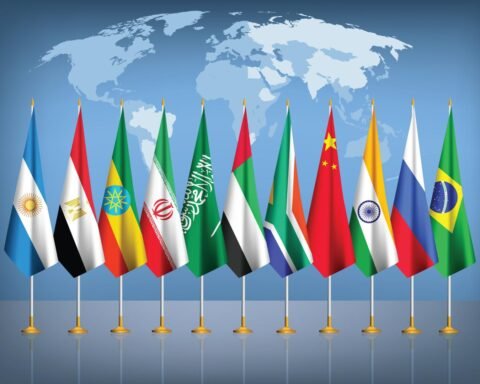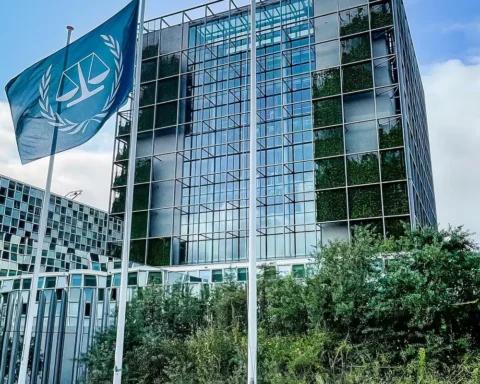Member of Parliament for Tarime Rural, Mwita Waitara, stirred controversy in Parliament today by asking whether the government would consider installing “homosexuality detection machines” within the legislative chambers as a demonstration of accountability in addressing same-sex relationships.
The provocative question was directed at the Minister for Constitution and Legal Affairs, Dr. Damas Ndumbaro, during Parliament’s regular question-and-answer session. Waitara’s comments emerged amidst a broader national conversation on the legal and social status of LGBTQ rights in Tanzania, a country where same-sex relationships are outlawed under Sections 154 to 157 of the Penal Code.
“Since this matter keeps coming up in the House,” said Waitara, “are we ready to walk the talk? Will the government consider installing such machines in Parliament itself to test us as lawmakers?”
Although some legislators appeared visibly shocked, Speaker of the National Assembly, Dr. Tulia Ackson, refrained from direct comment. Instead, she referred the matter to several key institutions—the Ministry of Constitutional Affairs, the Ministry of Community Development, Gender, Women and Special Groups, and the Prime Minister’s Office—tasking them with conducting a comprehensive study. The aim of the research: evaluate the prevalence of homosexuality in the country and assess whether current legal provisions warrant revision.
The issue of LGBTQ rights has long remained a contentious and politically sensitive subject in Tanzania. Just last year, authorities shut down over 3,000 digital platforms alleged to be promoting LGBTQ content. At the time, Minister of Information Nape Nnauye stated the government’s intention was to protect national culture and youth from what he termed as “immoral influences.”
Also Read; China Cautions UK Over New US Trade Deal
During a budget session held on May 18, 2024, Waitara had already voiced dissatisfaction over what he saw as government inaction toward curbing same-sex practices. He described homosexuality as contrary to public sentiment and Tanzanian values—a stance that aligns with the broader cultural conservatism prevalent in many African societies.
However, the MP’s latest remarks have been met with sharp backlash. Human rights advocates and civil society organizations have warned that such rhetoric not only risks inciting public discrimination but also further marginalizes LGBTQ individuals, many of whom already face stigma, violence, and legal persecution.
International watchdogs like Human Rights Watch and Amnesty International have consistently condemned Tanzania’s enforcement of anti-LGBTQ laws. They argue the current framework contravenes universal principles enshrined in the Universal Declaration of Human Rights and African Charter on Human and Peoples’ Rights, both of which Tanzania is a signatory to.
Legally, homosexuality in Tanzania is classified as a criminal offense under colonial-era legislation introduced during British rule. While enforcement varies, convictions can lead to prison terms ranging from five years to life imprisonment.







